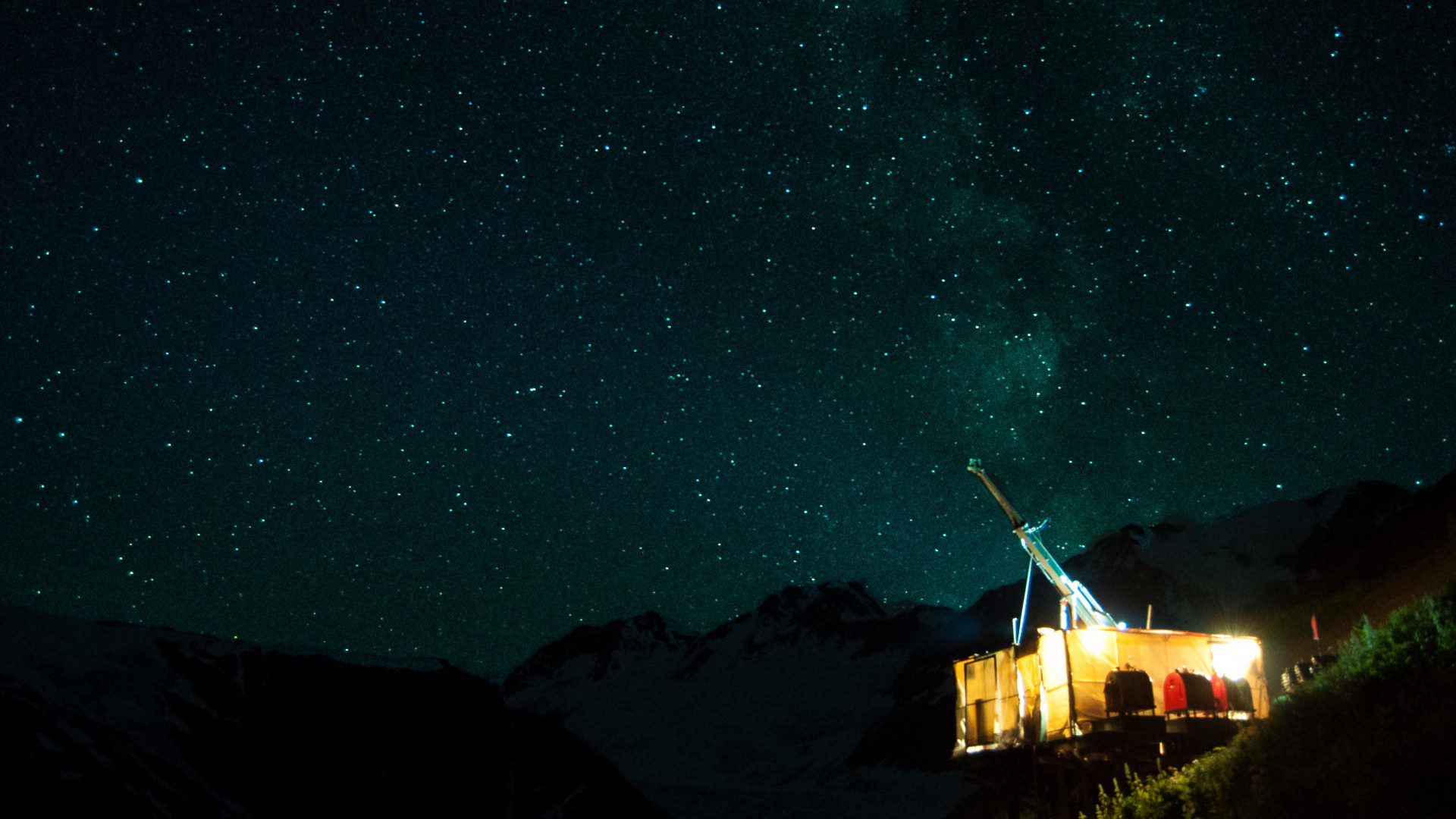On Brian Maeck’s first day as an underground drillers’ assistant, he was asked to hold a wrench onto a drill bit while the driller rotated the drill. If all went according to plan, the drill bit would quickly detach from the rod, Maeck would replace it with a new one and work could continue.
However, another scenario crept into his mind: he envisioned the pipe wrench being flung out of his grip and striking him. As the driller placed the wrench on the bit and told him to hold on tight, Maeck felt sick knowing that what he was doing was wrong.
Maeck is now the global environment, health, safety and training manager for drilling company Boart Longyear. Fortunately, he lived to recount his tale, which he shared during the Health and Safety Showcase Session at Mineral Exploration Roundup 2015. Sadly, his first-day story is not unusual for many young workers in Canada, but thankfully, conditions and expectations are improving for the next generation.
Drillers’ assistants, drill helpers or “offsiders” are typically young males in their early 20s. Their job is difficult and demanding, and it can be dangerous. It involves handling heavy drill equipment and operating the machinery used in mineral exploration, oil and gas, and environmental drilling.
According to WorkSafeBC and other current research, young workers (15 to 24 years old) across all industries are most at risk of being injured when they are new to their jobs. More than half of all serious injuries occur during the first six months of employment, and many of these are in the first month on the job.
Just a decade ago, new drill helpers started working on drill rigs within a couple of hours of being hired, and injuries were expected.
Thankfully, the drilling industry is evolving, through a combination of engineering, education and training, and cultural change.
“As an industry, we’ve been able to put in control measures to stop the major pinch points and falls, like guarding and handrails and fall-arrest systems. What we can’t get away from is the fact that our industry is still a physical one,” explains Mark MacNeil, health, safety and training advisor for Geotech Drilling Services Ltd., recipient of the 2014 David Barr Award for leadership and innovation in mineral exploration health and safety.
New engineering solutions have eliminated or reduced exposure to some of the biggest risks involved with handling drill rods and working around a drill. Now, to also address what goes on inside drillers’ heads, companies are using comprehensive training programs catering to all learning styles.
“When they come out, they are very eager [and] ambitious, and want to prove to themselves they can do the job. Sometimes they are too eager, and we need to coach them to pace themselves so they don’t overexert themselves or get injured,” says MacNeil.
Using a combination of classroom, online and hands-on training, testing and videos, new drill helpers are trained in hazard awareness. Before they begin any work, they have a detailed knowledge of the risks they might face and how to mitigate them. In addition, they are empowered to speak up if they see anything that they think is unsafe. This positive company culture and open communication are vital for safe workplaces.
Geotech Drilling, for example, has seen a huge increase in near-miss reporting since it introduced a safety rewards program. Points are awarded for safe hours worked, with bonus points given for reporting no-loss near-miss incidents with thoughtful corrective actions. Points can be traded for company merchandise or saved up for bigger prizes, like a lawnmower or television.
At Boart Longyear, all workers are issued a Make It Personal/Stop Work Authority card featuring a picture of their loved ones, and are given the authority to immediately stop any unsafe work. Employees are not punished or reprimanded for doing so.
“We’re empowering our workforce to do the right thing, regardless of any pressures that an individual may feel. Workers must believe they have the right to stop unsafe work. Our focus to make safety personal is paying off, and we are seeing those results today,” says Maeck.
